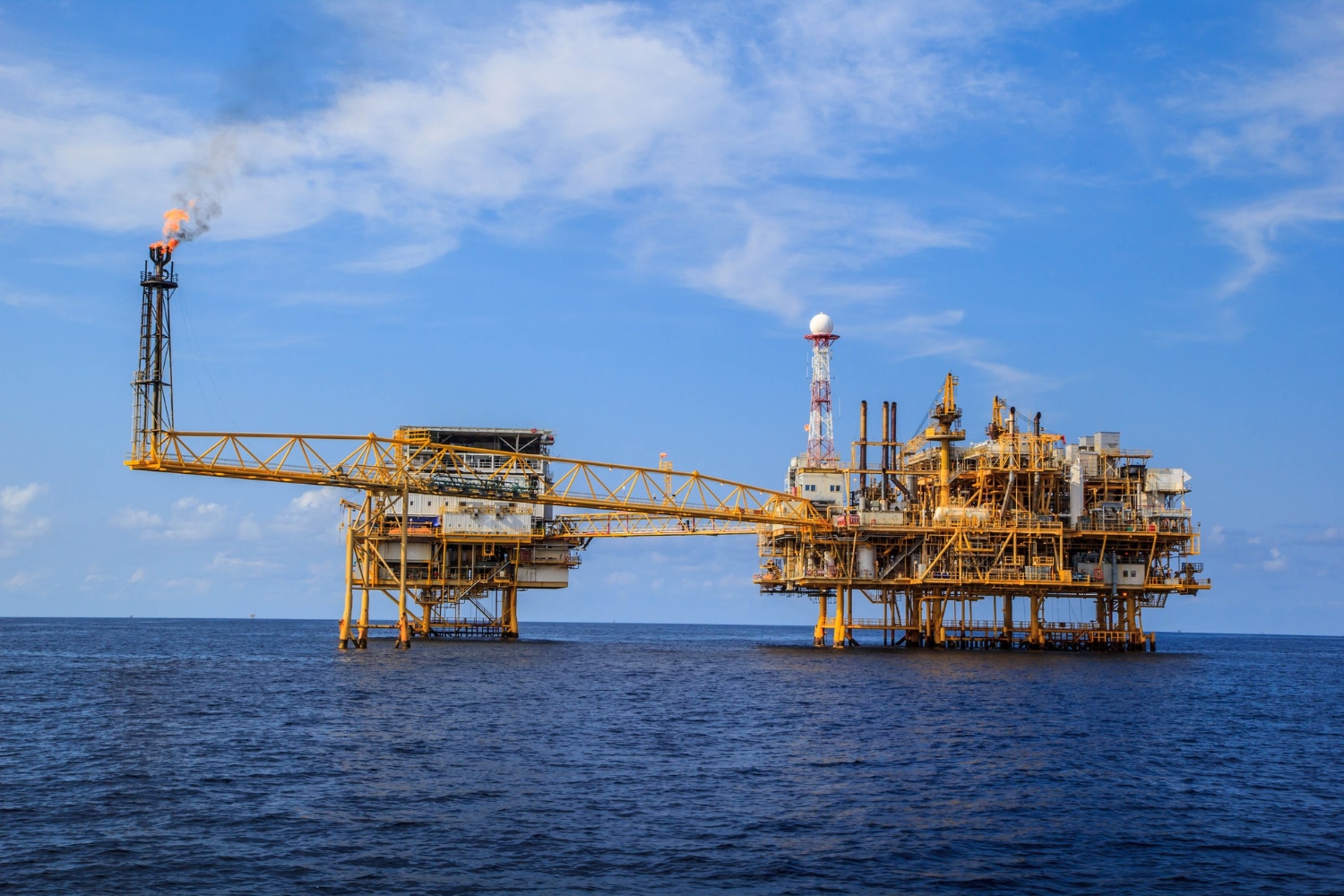Introduction
The Petroleum Industry Act[1] of 2021 (PIA) ushered in significant reforms in the Nigerian oil and gas sector, particularly regarding the Nigerian National Petroleum Corporation (NNPC). A core element of the reform is the transformation of the NNPC into NNPC Ltd., which now operates as a fully commercial entity, distinct from its former regulatory functions. The restructuring aims to enhance transparency, efficiency, and sustainability. However, the transformation raises questions on the efficiency of the reform and practicality of the changes in improving the sector.
For proper analysis of the transformation of the NNPC into the NNPC Ltd, the nature and operations of the former NNPC and the new NNPC Ltd must be examined.
NNPC under the Nigerian National Petroleum Corporation Act
The NNPC was established by the Nigerian National Petroleum Corporation Act of 1977, which replaced the Nigerian National Oil Corporation. The NNPC was designed with dual functions – as a commercial entity in charge of petroleum industry operations and as a regulator overseeing the sector.[2] This dual role has long been criticized for creating conflict of interest, as it combined the functions of both a market player and a regulator, potentially undermining transparency and objectivity.[3]
As a statutory body, the NNPC operated with legal personality, enabling it to sue and be sued, own assets, and engage in commercial activities.[4] However, under the PIA, this structure was dissolved, leading to significant changes in the NNPC Ltd’s role and operations.
The NNPC Ltd. under the PIA[5]
The PIA reformed the NNPC by ridding it of its regulatory responsibilities and restructuring it as NNPC Ltd., a limited liability company.[6] The PIA creates two new regulatory bodies namely, the Nigerian Upstream Petroleum Regulatory Commission (NUPRC)[7] and the Nigerian Midstream and Downstream Petroleum Regulatory Authority (NMDPRA).[8] These agencies have now been tasked with handling the regulatory functions formerly managed by Department of Petroleum Resources (DPR) in the upstream, midstream, and downstream sectors.
NNPC Ltd. as a limited liability company, now operates under the Companies and Allied Matters Act, 2020.[9] Under this provision, NNPC Ltd.’s shares are held by the government, with the Ministry of Finance and the Ministry of Petroleum Resources as the Subscribers.[10] NNPC Ltd. is now required to function on a commercial basis, similar to private sector companies, with the goal of generating profits that are distributed as dividends.[11]
Points of Commonality and Divergence between NNPC and NNPC Ltd.
Commonality
Both the NNPC and NNPC Ltd. are focused on commercial operations within the petroleum sector. These operations include activities such as lifting and selling royalty and tax oil, managing production-sharing contracts, and participating in joint agreement operations. This continuity ensures that NNPC Ltd. remains central to Nigeria’s oil and gas industry, maintaining its role as a key player in the market, albeit in a more competitive and commercially viable manner.[12]
Divergence
- Redistribution of Legal Powers
The most obvious divergence between the former NNPC and NNPC Ltd. is the distribution of regulatory powers. Under the previous regime, NNPC played a dual role as both a player and a regulator. However, under the PIA, regulatory functions have been transferred to the NUPRC and NMDPRA. The separation of powers is intended to reduce conflict of interest and increase transparency in the industry.
- Legal Structure
The former NNPC was a statutory body established under the NNPC Act, whereas NNPC Ltd. is a limited liability company under CAMA. This new structure allows NNPC Ltd. to operate like a private company, with the potential to offer shares and distribute dividends. The government still owns the shares, but there is room for private participation, subject to government approval.[13]
- Governmental Control
This shift to a more commercially oriented structure reduces direct government control over the day-to-day operations of NNPC, creating an environment where the company is expected to perform based on business principles, rather than being primarily driven by public policy objectives. This change brings NNPC Ltd. closer to global oil giants like Saudi Aramco, where the government holds shares, but the company operates independently.
Conclusion
Now primed for commercial activities, NNPC Ltd. operates as a private company operating in the petroleum sector. In this new form, NNPC Ltd. is bound by the provisions of the Companies and Allied Matters and similar regulations such as the Codes of Corporate Governance in its operations, structure, and transactions. It is worth noting that the NNPC Ltd is expected to further transition to a public company, per the PIA, to enable public participation in the ownership and decision-making of the entity.
Footnotes
[1] Hereinafter PIA.
[2] Olujobi, Olusola Joshua. “Deregulation of the downstream petroleum industry: An overview of the legal quandaries and proposal for improvement in Nigeria.” [2021] Heliyon (7) (4).
[3] Y. Oke, Nigerian Energy Resources Law and Practice: Oil & Gas Law (Practice, Cases & Theories) (Princeton & Associate Publishing Co. Ltd. 2019).
[4] Under the aegis of Section 1 of NNPC Act.
[5] Petroleum Industry Act, 2021
[6] Section 64, PIA 2021
[7] NUPRC. See Sections 4 and 5 of the PIA 2021
[8] NMDPRA. See Sections 29 and 30 of the PIA 2021
[9] CAMA, 2020
[10] See Section 53 of the PIA. Section 53 (7) of the PIA however mandates that 20% of the profits are to be ploughed back into the business.
[11] Section 64 of the PIA
[12] Section 64 of the PIA
[13] Section 53 (5) of the PIA places the transfer of shares held by the government subject to the approval of the government and the endorsement of the National Economic Council.






